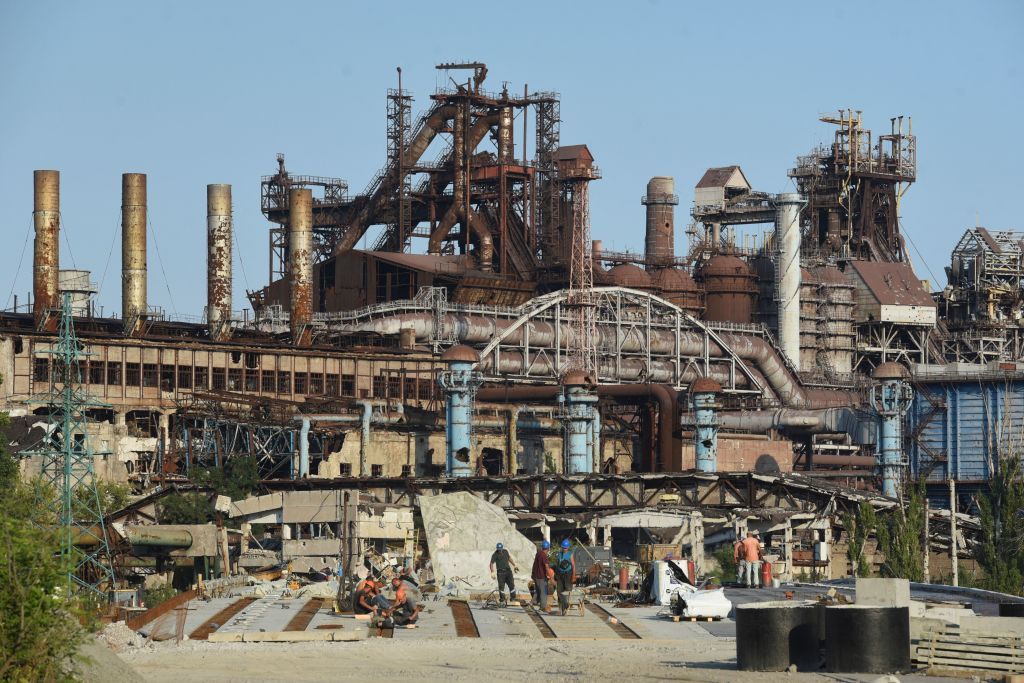FT: Slovakia, Czechia seek extension to EU permission allowing trade of Russian oil products

Bratislava and Prague are requesting an extension to an EU sanctions exemption that allows Slovakia to sell Russian oil products to Czechia beyond today's deadline, the Financial Times reported on Dec. 5.
The request is complicating negotiations on the EU's 12th sanctions package against Russia, the FT said.
The two countries believe that the exemption to selling refined Russian oil products must be extended to avoid price increases.
Meanwhile, other EU states, such as Poland and the Baltics countries, are against any exemption, the FT said.
Russia's economy heavily relies on its fossil fuel industry, which in turn funds its military budget used for its invasion of Ukraine.
Despite EU sanctions on Russian oil, Czechia, Slovakia, and Hungary have been allowed to import Russian oil until alternative supplies become available.
Slovakia is among the countries in the EU most dependent on Russian oil, with an estimated 95% of its oil coming from Russia.
Refined petroleum was Slovakia's seventh-biggest export in 2021, with $657 million worth of refined petroleum being exported to Czechia that year, according to the Observatory of Economic Complexity.
A key issue is that the Hungary-owned Slovnaft, Slovakia's sole refiner, "has not yet been able to pivot from Russian heavy crude to the lighter version imported from other countries," the FT said, with an official citing the high financial cost of making the switch.
Hungary said in July that it was seeking a one-year extension to the rule for Slovnaft, giving time for the company to make the switch.
According to the FT, Prague hopes that improvements to a pipeline that connects the Italian port of Trieste with central Europe would allow it to bypass the pipeline from Russia, though the work is unlikely to be completed for another year.
Another related issue is that Slovakia is entirely reliant on Russia for all of its nuclear fuel.
Slovakia's Foreign Minister Juraj Blanar said in November that Bratislava will not back the EU's 12th package of sanctions against Russia if it bans the import of Russian nuclear fuel.
"A red line for us is that the sanctions mustn't include nuclear fuel because (Slovak) nuclear power plants haven't been sufficiently transformed yet to be able to operate with alternative fuel," the minister said.














